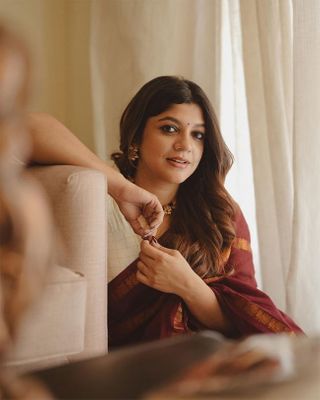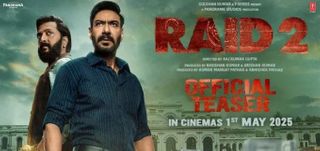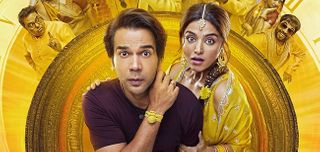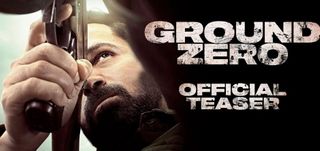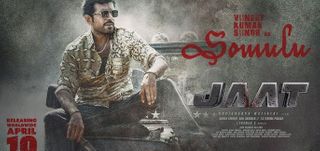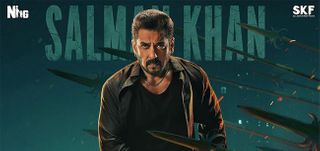Hathyar Movie Review
There's trouble in the infernal paradise known as Mumbai's underworld. Filmmakers of every possible creative compulsion are looking aghast at the internecine violence of the gangsters.
Trouble is the subject has been done to brutal death. Ram Gopal Varma's Satya started the cult of neo-gangsterism. After Manjrekar's trendsetting Vaastav three years ago and Varma's Company earlier this year, the underworld saga seems to have run out of steam.
Hathyar seems like a reprise of innumerable films from the genre, including of course Vaastav, whose sequel the film purports to be.
The earlier film told the story of chawl-boy Raghu's rise and fall into crime. Hathyar chronicles Raghu's son Rohit's saga.
Sanjay Dutt, who played the earlier part returns as the son. There's no effort on the actor's part to play the second-generation gangster with any distinctive traits. If you've seen one, you've seen them all. In Vaastav, Dutt was raw, ravaged and real. Here, he looks simply tired and distracted. It comes from playing the role of an outcast once too often.
Blessedly, the references to the earlier film aren't self-defeating. Though characters from the earlier film such as Raghu's mother Reema Lagoo, father Sayaji Satam, wife Namrata Shirodkar, Raghu's cop-friend Deepak Tijori recur in the sequel, they in no way connect the two films.
Hathyar can be enjoyed as a self-contained experience. The problem is in its inherent storytelling flaws. The violence is so voluminous and relentless that after a point, the narration becomes a gyration of jerky triggers and flashy knives.
The relentless brutality is well-captured in the rust-browns and fading greys of Vijay Arora's camerawork. But the editing (V N Mayekar) leaves much to be desired. In one emotional sequence between Sanjay Dutt and his screen-wife Shilpa Shetty, we see the little girl who plays their daughter grinning into the camera before her face is quickly turned way.
There are signs of slapdash filmmaking strewn across the movie. These careless bloomers take away from the film's finer points such the caustic relationship between grandma Reema Lagoo and Sanjay Dutt. When the antagonistic protagonist Rohit and his wife are blessed with a daughter, the grandma sniggers: What can you call her? Maybe one of those cheap underworld names for women like Item or Chamiya?
The film really comes into its own in the second-half when instigated by his right-hand man Sharad Kapoor, Rohit guns down his childhood friend and most faithful lieutenant Munna (played by one of Manjrekar's regular actors Sachin Khedeker, here given a completely new image) for suspected adultery.
The ensuing horror and guilt are vividly portrayed on Sanjay Dutt's creased face. Regrettably, such moments of controlled drama aren't frequent enough to sustain our interest through the lumbering labyrinth of mayhem. The shootouts in the first-half are almost like carryovers from Vaastav. The realism is more repetitive than nerve wracking.
Manjrekar keeps the mood deliberately reprehensible. In one sequence, we see a minister sneaking into a hotel room for an afternoon of pleasure. Let him do it one more time before we do him in, Khedeker, obviously enjoying his wicked makeover, tells his accomplice in crime Sharad Kapoor.
Poor Gulshan Grover! Seen as a lovable genial sardarji in the other release this week Dil Vil Pyar Vyar, this gradually evolving character-actor plays a slimy politician with a perpetual crick in his neck.
Grover gets clubbed to death with a cricket bat by Dutt. Maybe Manjrekar wanted to show the growing affinity between crime and sports. But couldn't he have found more subtle means of doing so?
Hathyar comes too late and with too much of what we've seen in dozens of good, bad and ugly gangster films since Satya. Its USP - if one searches hard enough - is its gritty and gut-level narrative mode that spares neither the characters nor the audience from the sheer








